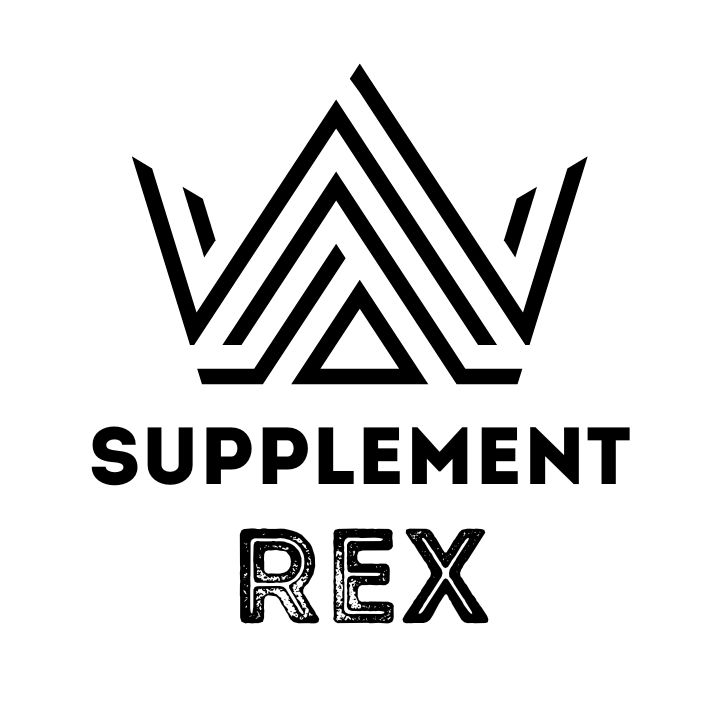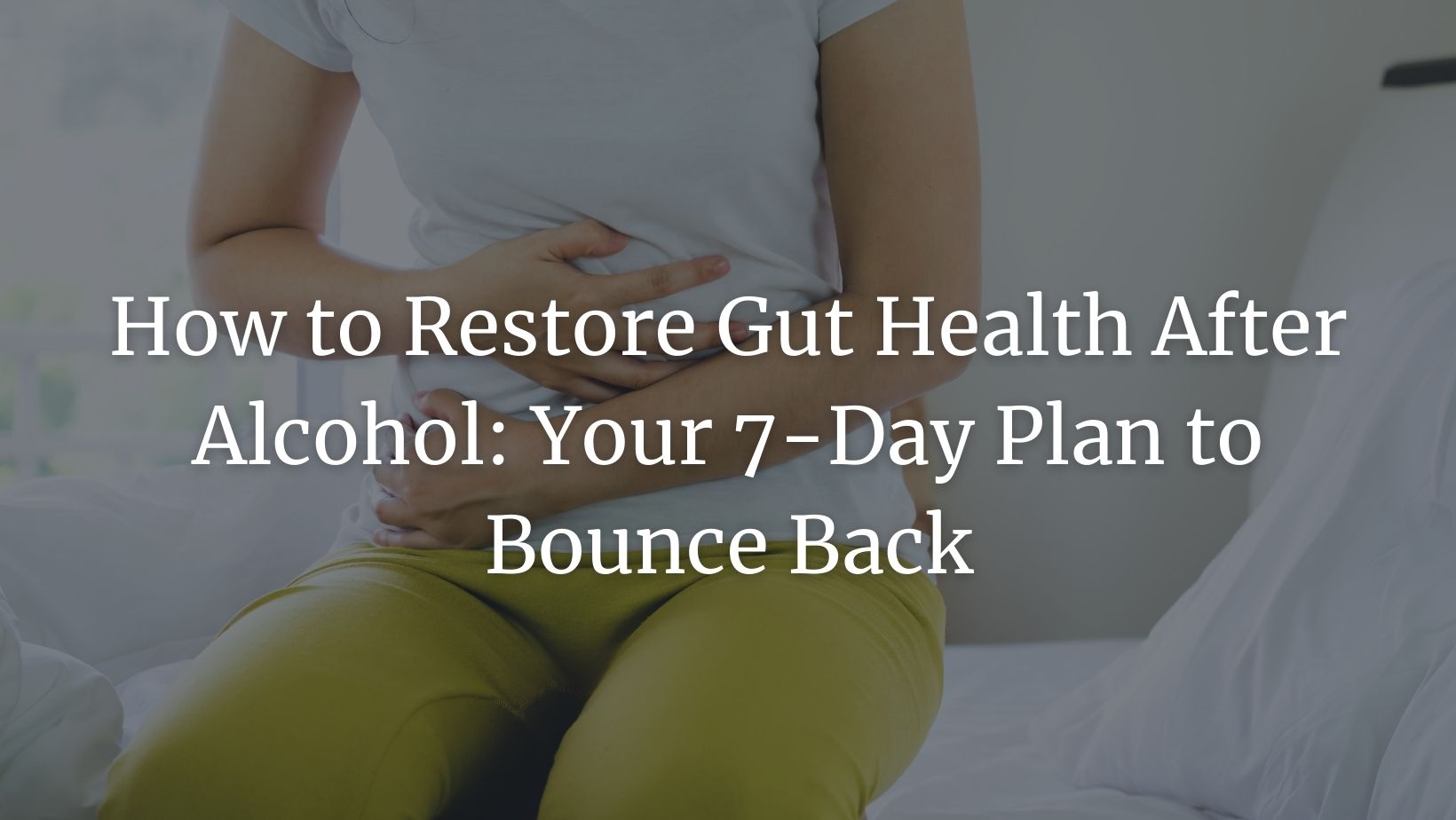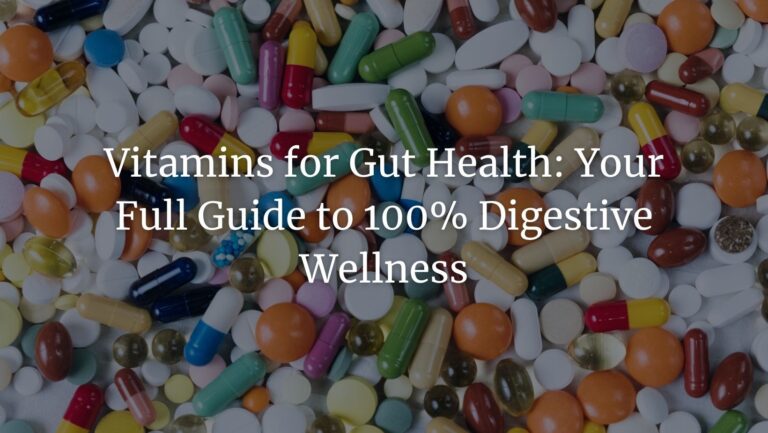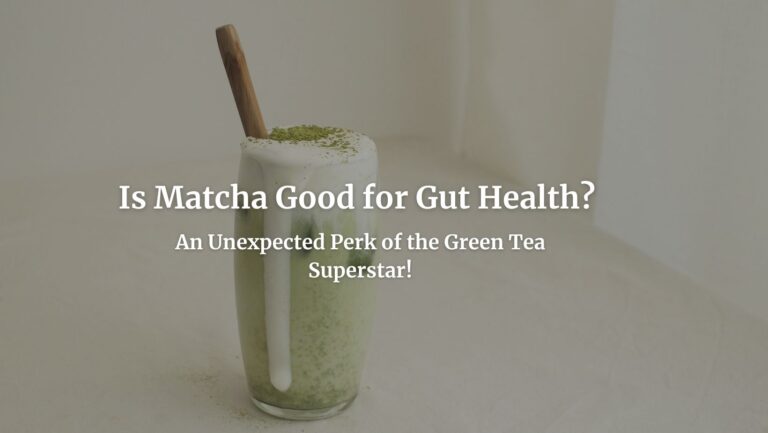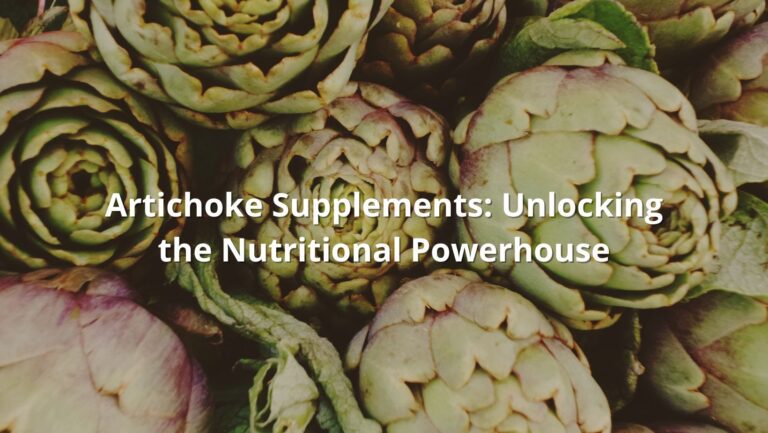How to Restore Gut Health After Alcohol: Your 7-Day Plan to Bounce Back
So, you drank a little too much. Whether it was a festive celebration, a night out with friends, or a dinner that extended into the wee hours, you might have found yourself indulging just a bit more than you intended. Now, you’re feeling the effects, and your gut seems to be bearing the brunt of it. I will show you how to restore your gut health after alcohol and get back to feeling healthy and energetic.
As an expert in health and nutrition (and a certified gut health enthusiast, no matter how geeky this sounds), I understand what you’re going through. Overindulgence in alcohol can disrupt the delicate balance of your gut health, leaving you feeling bloated, uncomfortable, and even lethargic. You might be experiencing digestive troubles, or perhaps you just don’t feel like your usual self.
But there’s good news: your body is amazingly resilient and, with a little help, it can bounce back from this. With the right approach, you can restore your gut health, get your energy levels back up, and feel better overall.
I’ve put together a simple, 7-day plan that’s designed to help you do just that.
In this guide, we’re going to take this journey together. Each day, you’ll get easy-to-follow advice, practical tips, and delicious food suggestions that will aid in restoring your gut health. Remember, everyone’s body is unique, so feel free to adjust this plan to suit your individual needs. Let’s embark on this restorative journey towards improved gut health.
Day 1: Taking the First Step (Toward an Alcohol-Free, Gut-Loving Regimen)
A quick word from the author: I’m a medical doctor, so I’ve seen some pretty devastating results of drinking too much. However, most of those were cases of long-term alcohol abuse.
Your night of excessive drinking did harm you but you have the power to bounce back – and now is the perfect time to do it. And, even if you’ve been struggling with alcohol abuse for a while, you can heal as long as you take meaningful steps toward change.
So, let’s dive into the first day of your gut-restoring journey.
To kickstart the healing process, it’s important to give your body a break from alcohol. While you might be tempted to have a small drink to alleviate some of the discomfort, resist that urge. Hair of the dog that bit you is not healthy or even efficient advice. Your body needs time to detoxify and recover from the effects of alcohol.
Next, focus on hydration. Alcohol can dehydrate your body, and this dehydration can contribute to feelings of discomfort and sluggishness. Aim to drink around eight glasses of water throughout the day. Not only does this replace the fluids you’ve lost, but it also aids your body in flushing out toxins. Water intake is different from person to person (and in different climates) so do drink more if you feel thirsty, but try not to go under eight glasses.
Food might be the last thing on your mind, but it’s important to nourish your body. Start with a gentle diet. The BRAT diet — bananas, rice, applesauce, and toast — is often recommended as these foods are bland and easy on your digestive system. They also provide necessary nutrients that your body needs for recovery.
If you’re actively nauseous, stick to BRAT for this first day. If you’re not, you don’t have to limit yourself to these four items alone. I would still, however, suggest you avoid:
- Fried foods
- Spicy foods
- Citrus fruit (because they’re high in fiber and acidic)
- Artificial sweeteners (and I’d say steer clear from sugary foods, too, even if they’re sweetened with white sugar)
- Beans and other legumes
- Cruciferous veggies like cabbage or broccoli (we’ll introduce these later but for now it’s best to limit them as they can make you gassy)
Remember, the first step might be the hardest, but it’s also the most important. Stick with this plan, and with each passing day, you’ll feel stronger and more vibrant. Tomorrow, we’ll introduce some additional strategies to soothe your gut and continue your journey to recovery.
Day 2: Soothing the Gut (& The Mind)
Congratulations on completing the first day!
Keep up the good work by abstaining from alcohol and continuing your hydration regimen. Adding lemon to your water can offer a refreshing twist and provide some vitamin C, a key nutrient for repairing body tissues. I also like playing around with other fruit and fresh herbs to make DIY spa water – but, don’t have your citrus-infused water on an empty stomach.
Now, let’s talk about nutrition. Today, you can start incorporating clear broths into your meals. These broths can be made from vegetables, chicken, or beef. I highly recommend bone broth in particular. It’s packed with glycine, which reduces inflammation and recovers your gut lining. Remember to keep it low in sodium to avoid unnecessary bloating.
Today, let’s also focus on relaxation and stress relief. Stress can disrupt your gut health, so it’s important to address it. Yoga and meditation are excellent practices for stress reduction. Both activities can enhance your sense of wellbeing, promote relaxation, and even improve digestion. Try a gentle yoga sequence or a guided meditation aimed at relaxation. Here is one of my favorite ones to get you started:
Remember, restoring gut health isn’t just about what you eat or avoid; it’s also about taking care of your overall wellbeing. By nurturing your body and mind, you’re supporting your gut health and taking significant strides towards feeling better. Tomorrow, we’ll introduce more foods and activities that promote gut health. Keep going – you’re doing great!
Day 3: Building the Gut Flora
Well done on making it to day 3! It’s important to keep the momentum going, so let’s continue with the practices from the previous days – abstaining from alcohol, hydrating, consuming nourishing broths, and practicing relaxation techniques.
Now, let’s delve into a key aspect of gut health – restoring and maintaining your gut flora. This refers to the billions of bacteria residing in your gut, which play a significant role in your overall health. Certain types of bacteria are beneficial and help with digestion, nutrient absorption, and even immune function. Alcohol can disrupt this balance of bacteria, so it’s crucial to replenish and nurture your gut flora.
Enter probiotics. Probiotics are “good” bacteria that support a healthy gut. They’re found in fermented foods like yogurt, kefir, sauerkraut, and kimchi. Begin incorporating these foods into your diet today. If you’re not used to fermented foods, start slowly. Even a small serving can provide a probiotic boost.
Today, aim to add one probiotic food in your diet. Here are easy ways to do it:
- Get plain, sugar-free Greek yogurt (bonus points if you get it from the farmer’s market where food tends to be preservative-free and probiotic rich) and top it off with your favorite fruit and raw nuts. It’s an easy, gut-healthy snack.
- Add sauerkraut or kimchi as a side to your lunch or dinner. Opt for a low-sodium option to get the most benefit.
- Sip on some kefir between meals (or after a workout, it’s a protein-rich post-workout option)
Speaking of working out, let’s not forget about movement. A gentle walk outdoors or a light cardio session can stimulate digestion and improve your mood. If the weather is pleasant, the fresh air and sunshine can also offer a much-needed mood boost.
Today is all about building a healthier gut environment. By introducing probiotics and continuing your healthy habits, you’re creating a foundation for improved gut health. Stay the course, and let’s look forward to Day 4, where we’ll introduce even more gut-friendly foods and practices. Remember, I’m here with you on this journey to wellness.
Day 4: Nourishing the Body (& Its Good Bacteria)
Bravo on reaching Day 4! Today, let’s focus on further nourishing your body with nutrient-dense foods and continue to promote gut health.
While maintaining the practices from previous days, we’ll gradually add more variety to your meals. Start incorporating lean proteins like chicken, turkey, tofu, or fish. These provide essential amino acids, which your body needs for repair and recovery. Fruits and vegetables are packed with vitamins, minerals, and fiber, which aid digestion and provide antioxidants to help your body recover. Consider gut-friendly options such as berries, bananas, spinach, and bell peppers.
What makes a gut-friendly fruit or veggie? It’s any plant rich in prebiotics!
Prebiotics are types of dietary fiber that feed the good bacteria in your gut. Foods rich in prebiotics include bananas, onions, garlic, leeks, asparagus, and whole grains. By incorporating prebiotics, you’re providing nourishment for your gut bacteria, promoting a healthy balance.
Today, add a prebiotic AND a probiotic to your diet. Once again, a yogurt with berries checks both of these boxes. So will a kimchi side to a plant-based dish. The probiotic has good bacteria and the prebiotic feeds it – it’s a win-win and a combo you want to keep in your diet on most days from here on.
Let’s also continue with mindful movement. Consider trying a new type of low-impact activity, like tai chi or Pilates. These practices not only promote physical health but also mental wellbeing, which is integral to your overall health.
Do at least 30 minutes of moderate effort exercise. If you’re still feeling a little weak, that’s okay, but try to make your workouts a little more intensive each day.
Day 5: Boosting Gut Health With Herbs
Welcome to Day 5! Today, we’re going to further diversify your diet and boost your gut health with some special additions.
Continuing with the hydration, abstinence from alcohol, healthy nutrition, and exercises you’ve incorporated so far, we’ll now introduce some gut-friendly herbs into your regimen.
Ginger and turmeric, in particular, have been lauded for their digestive benefits. Ginger can aid in easing nausea and stimulating digestion, while turmeric’s anti-inflammatory properties can soothe the gut lining. Consider adding fresh or powdered ginger to your meals, or drinking it as a tea. You can incorporate turmeric into soups, stews, or try it as a warm, comforting turmeric latte.
Looking for a shortcut to add both? Here’s an easy gut-boosting tea to sip:
- Grate 1 piece of ginger (about your thumb’s size).
- Add 2 teaspoons of turmeric and 2 teaspoons of cinnamon.
- Pour hot water over and leave for at least 10 minutes.
- Once the liquid gets to a drinkable temperature, add a teaspoon of honey and a tablespoon of lemon juice.
Ta-daa! A gut-boosting, immunity-supporting drink to support your gut health efforts.
Today, incorporate both ginger and turmeric. You can do it with the tea or in one of the other ways I suggested. Learn more about other gut health supplements in our section on the topic.
As you continue hydrating, consider infusing your water with fruits or making herbal tea for added flavor and nutrients. This not only makes hydrating more enjoyable but also introduces additional antioxidants and nutrients that aid recovery.
Continue your exercise routine, as physical movement promotes digestion and overall wellbeing. You’re well into your journey, and consistent movement is an integral part of maintaining the progress you’ve made.
And, once again, keep up the probiotic and prebiotic combo in your meals – aim to have at least one meal where you have them.
By adding these natural gut health boosters to your routine, you’re further aiding your body in its recovery process. Keep up the excellent work as we move into Day 6. Remember, health is a journey, not a destination, and every step you’re taking is helping you move towards better gut health.
Day 6: Building Resilience (Through Healthy Fats)
Welcome to Day 6! You’re nearing the end of this week-long journey – today, we’ll be focusing on building resilience in your gut and reinforcing the beneficial habits you’ve been cultivating.
By now, your diet should be becoming more diverse. Let’s introduce healthy fats into your meals, which are crucial for absorbing certain vitamins and maintaining a healthy gut lining. Avocados, nuts, seeds, and olive oil are excellent sources of these essential fats. Adding a handful of nuts to your morning yogurt or drizzling olive oil over your afternoon salad can make all the difference.
Add at least one gut-healthy fat source to your meals today. This could be olive oil, avocado oil, ghee, or a raw nut (especially walnuts.)
Continue with your intake of probiotic and prebiotic-rich foods. They’re key players in maintaining the health of your gut flora, thus contributing to the overall resilience of your gut.
Today, I’d like to emphasize the importance of mindfulness. Our gut health is intricately connected to our mental health. Stress can negatively impact our gut, so adopting mindfulness practices such as meditation can have a significant positive effect. Try dedicating some time to simply sit quietly, breathe deeply, and be present in the moment. You can go back to the mindfulness practice I suggested earlier or explore new options.
Building resilience in your gut health is like building a wall brick by brick. Each healthy habit, each nutritious food choice, and each moment of mindfulness adds another brick to that wall. As we head into the final day of this plan, remember the progress you’ve made and prepare to carry these practices forward into your daily routine. Tomorrow, we’ll talk about maintaining your momentum and how to continue nurturing your gut health. Well done!
Day 7: Sustaining the Momentum
Congratulations on reaching Day 7! As your guide, I’m inspired by your commitment and the strides you’ve taken to restore your gut health. Today, we’ll focus on sustaining this momentum and integrating these healthy practices into your everyday life.
As we round out the week, continue to make diverse, nutrient-rich food choices, hydrate regularly, move your body, and take moments for mindfulness. These practices are not just for the week; they’re foundations for a healthier lifestyle that promotes not only gut health but overall wellbeing.
Let’s talk about reintroducing alcohol. It’s important to do this in moderation and in a mindful way. Consider limiting your intake and choosing alcohol types that are less likely to disrupt your gut health. Even better, cut out alcohol completely. There is no 100% safe amount of alcohol you can drink – the best amount of alcohol is no alcohol.
Research suggests it takes about three weeks of no alcohol to restore your gut bacteria. Try to stick to that period. If you choose to drink after that, it’s best to stay under three drinks a week and work toward cutting out alcohol altogether.
Finally, it’s important to listen to your body. It’s your best guide when it comes to your health. If something doesn’t feel right or if you’re not responding well to certain foods or practices, it’s okay to adjust your routine. Everyone’s body is unique, and what works for one person may not work for another.
Restoring gut health after a period of overindulgence in alcohol is not a sprint; it’s a marathon. The practices you’ve adopted this week are a great starting point, and I hope you’ll continue them as part of your everyday routine. Remember, every step you take towards better health is an accomplishment. Celebrate your progress, be patient with your body, and continue nurturing your gut health. Congratulations on completing this 7-day plan! As your journey continues, remember that I’m here cheering you on. You’ve got this!
How do I reset my gut after drinking?
Start with bland, easy to digest foods that won’t upset your stomach. Begin introducing probiotics and plants into your diet little by little. These will provide good bacteria and help feed them. Work on stress management and incorporating movement, too – these are important non-dietary ways to improve your gut health after a period of drinking.
How long does it take for gut bacteria to recover after alcohol?
It takes about three weeks to restore your gut microbiome. You can speed up recovery by making smart choices in your diet, working out, and managing stress to support gut health recovery.
What is a 7 day gut reset?
It only takes seven days to kickstart your gut health routine. Begin with bland food and work your way to probiotics, prebiotics, and gut-friendly herbs to support your post-alcohol gut recovery.
How do you fix alcohol in your gut?
If you’re struggling with gut problems after overindulging in alcohol, begin with an easy-to-digest diet (the BRAT protocol, bananas, rice, applesauce and toast is helpful if you have nausea or diarrhoea). Then, start to re-introduce foods with good bacteria like yogurt and kimchi and prebiotic foods (plants with lots of fiber). Cut out alcohol for at least three weeks to restore your gut microbiome. Consider including gut-supporting ingredients like ginger and turmeric.
